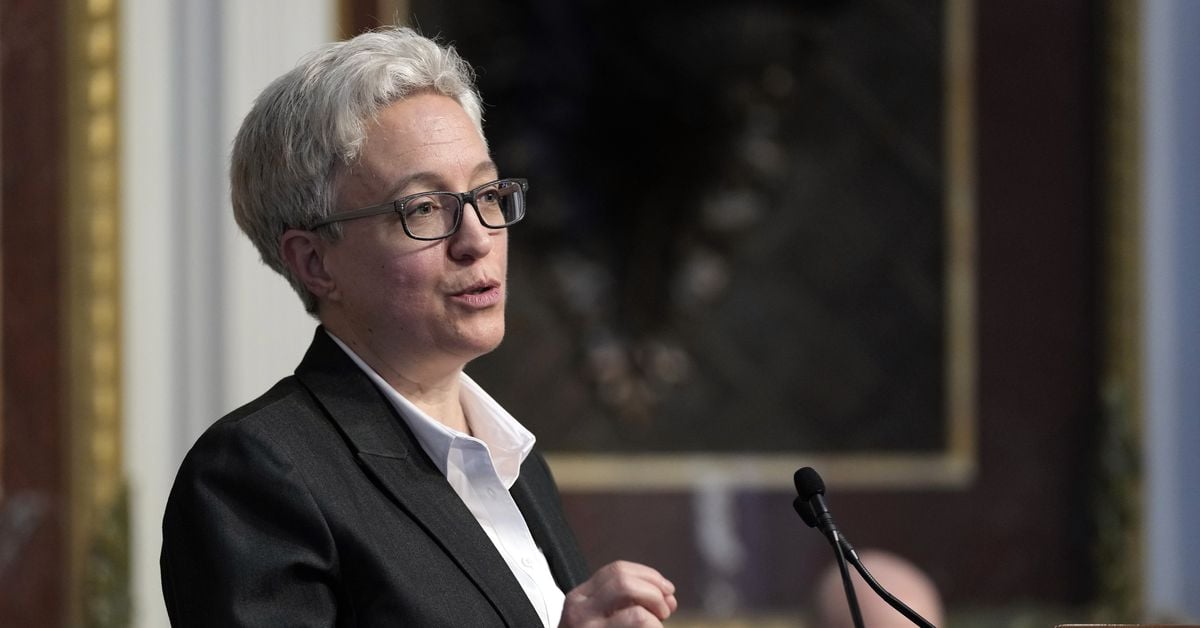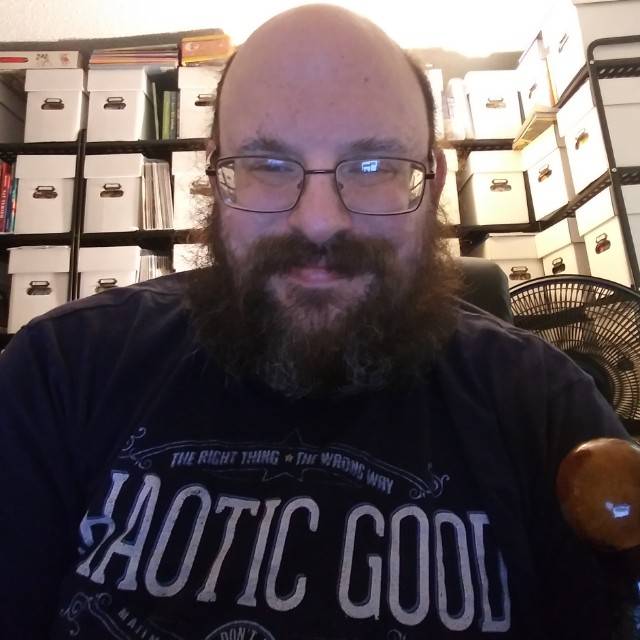Four years ago, the state decriminalized all drugs. Now it’s trying to course-correct — and might make a mistake in the process.
In 2020, it looked as though the war on drugs would begin to end in Oregon.
After Measure 110 was passed that year, Oregon became the first state in the US to decriminalize personal possession of all drugs that had been outlawed by the Controlled Substances Act in 1970, ranging from heroin and cocaine to LSD and psychedelic mushrooms. When it went into effect in early 2021, the move was celebrated by drug reform advocates who had long been calling for decriminalization in the wake of President Nixon’s failed war on drugs.
Now, amid a spike in public drug use and overdoses, Oregon is in the process of reeling back its progressive drug laws, with a new billthat aims to reinstate lighter criminal penalties for personal drug possession. And while the target is deadly drugs like fentanyl, the law would also result in banning non-clinical use of psychedelics like MDMA, DMT, or psilocybin — drugs that are unconnected to the current overdose epidemic and the public displays of drug use.
You cannot successfully decriminalize all drugs in a for-profit health care system.
You will never stop an epidemic of opioid abuse unless you can address chronic pain because many of those people have legitimate chronic pain issues that they can’t afford to deal with medically.
I have a nerve disorder and a neurologist tried treating it unsuccessfully with different opioids for a while. I didn’t get hooked enough that I couldn’t quit cold turkey, but the withdrawal was two very bad days. As I said, it was unsuccessful and we have decent insurance. But if it worked and we lost our insurance? I would absolutely be one of those people. The disorder is completely under control now, by the way, so no pity is necessary.
Disingenuous attribution of a local environmental variable to a national crisis is pretty pathetic. Oregon isn’t even exceptionally high on the opiod death rate.
Removed by mod
Drugs are bad mkay
110 was a massive failure that needs to be un-done, any issues with less problematic drugs can be handled on a one by one basis like we did with marijuana.
110 failed because it was never fully-implemented. The intent was to have support systems in place that were never funded and set up. As a result, this is what happened.
The support systems weren’t needed because less than 1% of those ticketed under 110 actually sought support. ;) Addicts aren’t going to volunteer for treatment.
What support? There was no support. Even the article you posted goes into detail how the state never followed through with it plans to provide the critical infrastructure needed for treatment, for alternatives to jail or prison, or anything else that 110 promised. They just made drugs legal and called it a day.
Again, you need the support systems if people actually sought treatment, but they never did seek treatment.
We didn’t have long lines of people waiting for non-existent treatment centers, out of 16,000 people ticketed under 110, less than 150 sought treatment, which was well within current capacity.
Why would anyone seek help if there is none? Do you even hear yourself? Lol
There is existing help, 110 was to provide ADDITIONAL funding, presumably to assist with what was expected to be a mass influx of new patients.
That influx never happened, because treatment was 100% optional.
Did you even read the article you posted?
People continually seize upon this 1% figure. The subtext, and explicitly your’s, is “addicts are addicts and they won’t get help if you don’t force them.” The reality is much more complicated and individual than that. It varies from individual to individual and where they are in the addiction and recovery events. Addicts are often in the grips of multiple, complicating issues include mental health and trauma. They usually lack the education and framing to see that clearly and the addiction can be the way they cope. Many want help, want to change, don’t know how to, don’t believe they can, and when do, them moment passes all too quickly.
The solution, of course, is to make them go to treatment. But this does not work and continued thinking that it will is a mixture of hopeful naivete and willful ignorance.
Then, of course, the subtext continues. “People who don’t realize that addicts need to be forced are naive and waste money and time being too gentle with these addicts.”
You cited an article from OPB published in 2022. Here is a more recent article from OPB exactly 2 year later. From the article:
The Legislature, the court system and the bureaucracy under two governors ignored or rejected proposed solutions as seemingly straightforward as designing a specialized ticket to highlight treatment information. They declined to fund a proposed $50,000 online course that would have instructed police officers on how to better use the new law. They took no action on recommendations to get police, whose leaders campaigned against the ballot measure, talking with treatment providers after decriminalization passed.
Police hit the streets with the old traffic citation that said nothing about treatment making the ticket disappear.
Oregon has made it’s decision. I, for one, think it’s for the worse.
You’re welcome to think it’s worse, the end results likely will not be because we were better off before 110.
That’s only if you think the only thing that changed was 110. Clearly, it was not.






